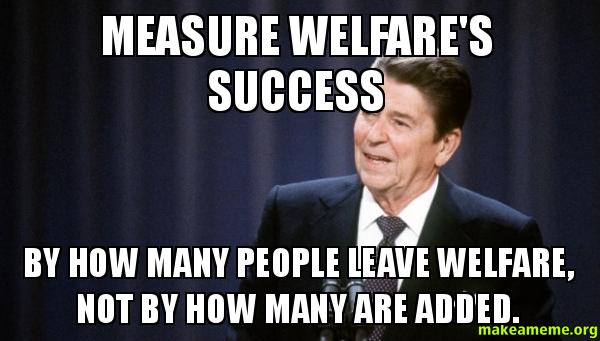Note received from someone marveling at the natural beauty of California: “GAH! Why does this state have to be so ducked up?“
Here is my response:
People were lied to by their so-called leaders. It’s not just California, but it is at peak madness there. On every occasion where politically-driven decisions were required, the people were presented with appealing choices that sounded good on the surface but limited their actual options going forward and often tricked them into giving up control over aspects of their personal lives way down in the fine print. Nothing was draconian—just little bits at a time. Most went by unnoticed. People voted again and again for things they believed were doing good. And in doing so, like chiseling away at a block of marble, bit by bit, they uncovered the disaster called California.
Altruism is one of the aspects of humanity that is taken advantage of over and over again by crooks, con artists, and politicians. (Most) People want to do right by others. They want to be fair. They want to HELP. This is especially true of Americans, where most of the world’s private charity flows from. Over the past decades, Americans voted for more and more generosity, for more and more people, in more and more ways. Beginning in the 80s, they were conned into believing that private charities were inadequate to support the needs of their various populations and voted for more government-run programs and more funding for existing programs. But this is all a scam.

Private charities, with their limited resources, have ALWAYS sought to guide their charges to an exit where they would no longer need the support they’re receiving from the charity. Sure, they don’t “always” succeed. But they do better than government programs at every level above towns. Charities, although not profit-seeking like businesses, must still do more with less year after year. The government, on the other hand, is ALWAYS incentivized toward continuity. Starting a couple of decades ago, many non-profits were crowded out of their services by government programs or new rules that went into effect, which forbid or thwarted them from operating under their core principles. People began to notice that government programs were poor at extricating people from their circumstances, while charities—especially faith-based ones—usually did. As if on cue, to counter the obvious lack of progress of government programs to live up to their promises, the culture of victimhood came into being. Now there is an underclass of individuals who are convinced of their inadequacy and are certain that their predicament has nothing to do with any choices they did or did not make. California demonstrates the outcome of this thinking in spades.
People with poor life skills are not a new development. We’ve always had psychologically damaged individuals who need help, sometimes permanent help, coping with day-to-day life. What’s happened over the past couple of decades is that victimhood has become elevated to a celebrated status. Victims are cheered and glorified. Lack of personal responsibility and poor choice-making are no longer seen as contributors to poverty and their related circumstances. The popular narrative now is that external forces and conditions are the primary drivers of poverty. Nothing the impoverished could have done would have changed the outcomes they’re living in. It’s all out of their control. As someone familiar with the principles behind 10-Step programs, I feel obligated to point out that this is the worst kind of enabling. We’re not just telling the poor and addicted that it’s society’s fault; we’re preaching it. And we’re using taxes to underwrite the promotion of mediocre behavior and insufficient self-control from coast to coast.
We cannot solve our problems with the same thinking we used when we created them.
Albert Einstein
A major rethinking about how we deal with this is in order. Solutions will NOT come from the California state house or Washington, DC. And there’s never going to be a one-size-fits-all solution. It will take different ideas, adapted and applied to work in particular ways, for local circumstances, to dig our way out of this. At this point, it will take dedication across generations.